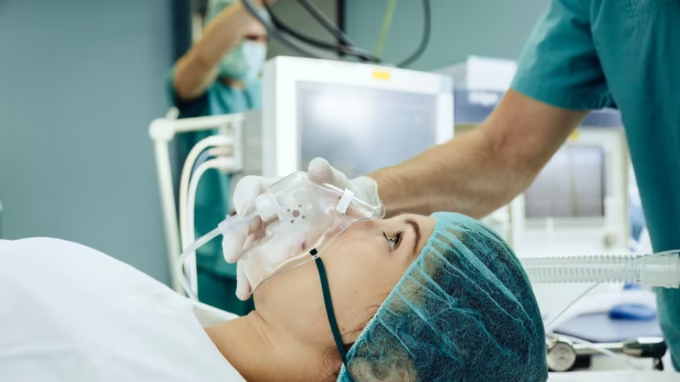Accidents on the road can happen in the blink of an eye, leaving drivers and passengers sometimes injured and unsure of what to do next. The initial shock can be overwhelming, but knowing the right steps makes the situation more manageable.
Whether the accident is minor or severe, an appropriate response improves safety, protects each party’s legal rights, and supports recovery. The journey from crash to compensation requires a structured approach. This guide outlines the steps victims should take to recover physically and financially.
Prioritize Safety
The priority after an accident is to ensure everybody is safe. Drivers should check themselves, passengers, and other road users before moving vehicles to a secure place. Using hazard lights, reflective triangles, or flares helps reduce the risk of additional collisions, particularly on roads with heavy traffic.
When someone is injured in an auto accident, they should seek immediate medical attention. Even seemingly minor injuries, such as soft tissue damage or neck strain, can worsen if ignored. Timely treatment protects long-term health and creates medical records that support future insurance or legal claims.
Gather and Document Evidence
After addressing immediate safety and health needs, the next step is to collect evidence. In this case, photographs of the accident scene, road conditions, damaged vehicles, and visible injuries can help create reliable evidence. If possible, the people involved in an accident should obtain witness statements, which can strengthen the credibility of their insurance claim later.
Drivers can exchange important information such as insurance, license, and vehicle registration details. That said, it is crucial not to admit fault to avoid complicating the case. Instead, focus should be on documenting facts that accurately represent the circumstances that led to the car accident.
File Reports and Notify Insurance
In many states, filing a police report is mandatory. Even for minor crashes, an official report creates an impartial record that insurance companies often require. It also provides evidence if disputes about fault arise later.
Drivers should also notify the respective insurance providers as soon as possible. Most policies emphasize timely reporting, and delays can jeopardize future coverage. Drivers can submit photographs, witness details, and accurate statements to ensure the claims process runs smoothly and reduces the risk of disputes.
Understand the Insurance Process
Insurance companies play a significant role in financial recovery. Here, the insurance claim agents or adjusters evaluate the damage caused to determine compensation. However, their goal is to protect the insurer’s financial interests. This means the offers made during the initial settlement might be lower than expected.
Therefore, victims should review their policies carefully and maintain a detailed record of all communications. In some cases, negotiations might be helpful if the injured person wants to get fair compensation.
Recovery and Moving Forward
Recovering from a car accident goes beyond the financial compensation. It calls for emotional and psychological healing. The affected people should seek counseling from support groups to promote holistic recovery. Also, therapy from an expert can help the individuals involved cope with the stress and trauma associated with accidents.
Drivers should also adopt safe driving practices, stay alert behind the wheel, and keep the vehicles in good condition to prevent the likelihood of future accidents. Although controlling every circumstance might be difficult, preparation and awareness make the roads safer for everyone.
The aftermath of an auto accident can be tough to deal with. However, taking the correct steps can bring order and improve the situation. These tips can help the injured individuals address their physical, financial, and emotional needs and protect their rights and interests.














Leave a comment